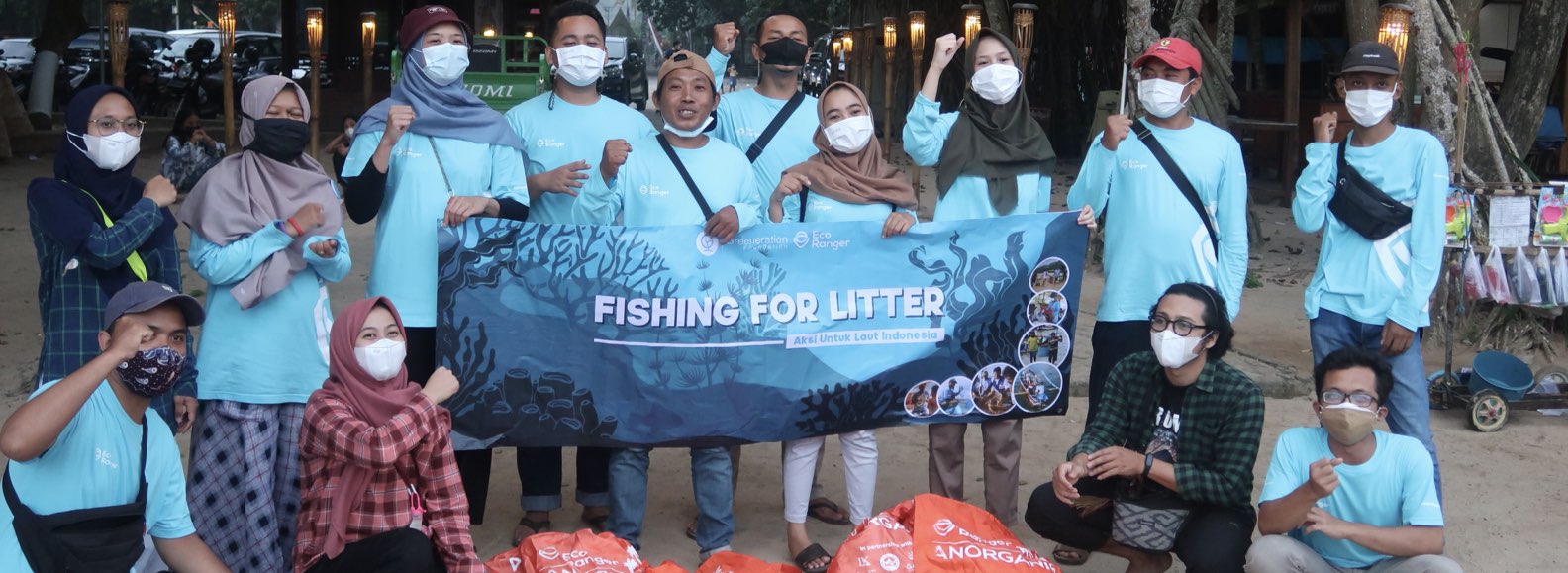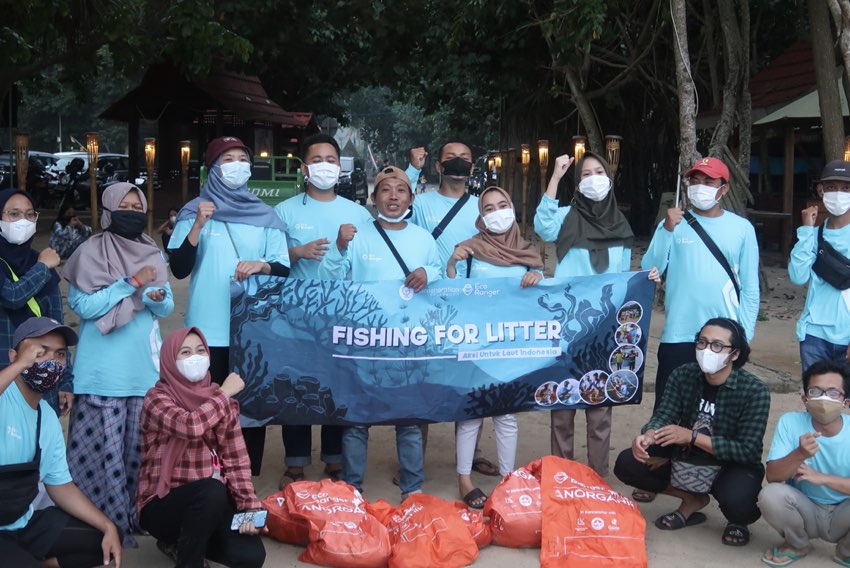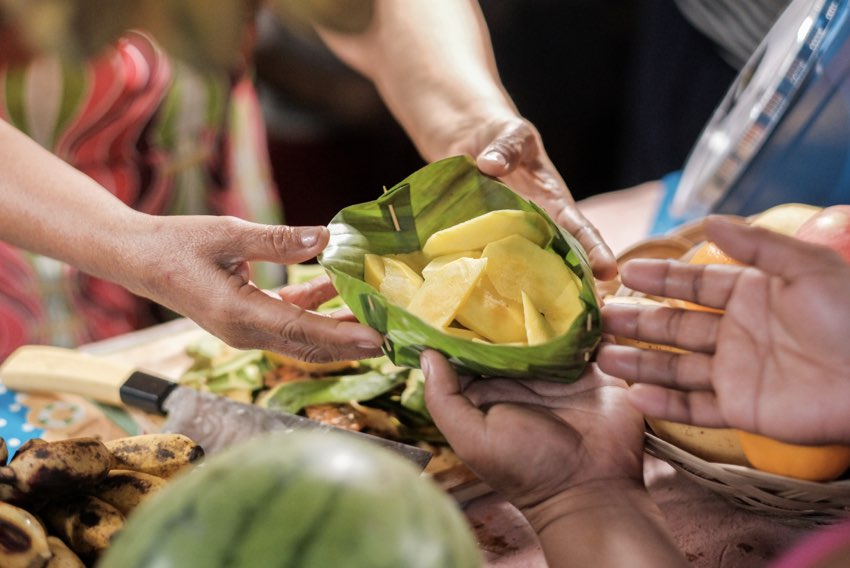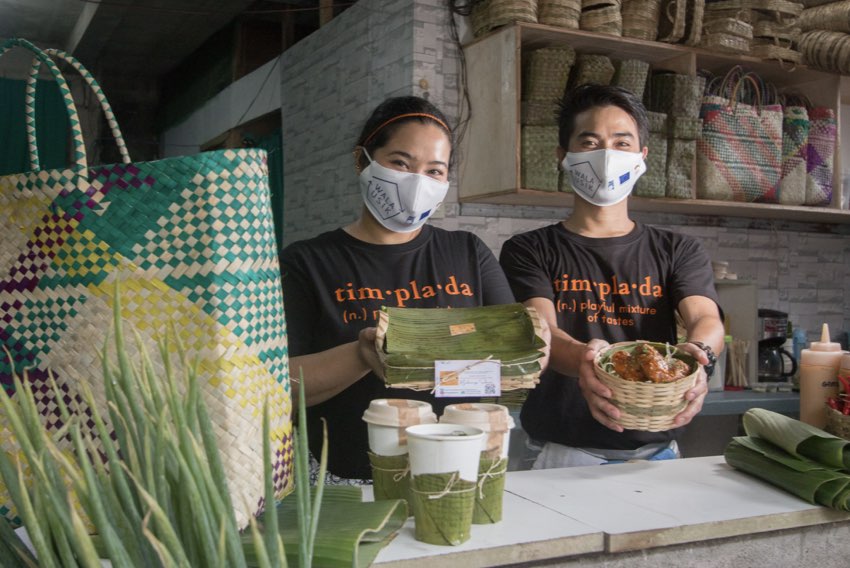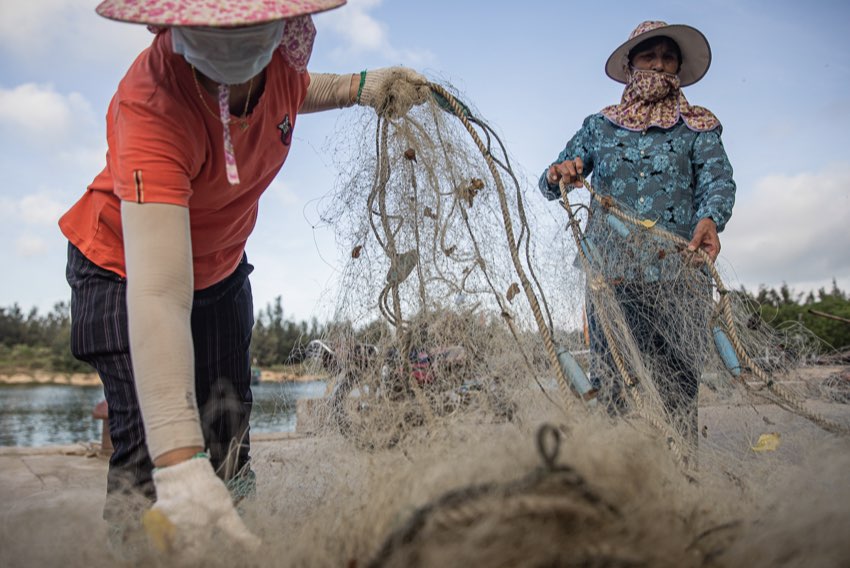Kick-off: Introducing more than 20 pilot projects for a Circular Economy for Plastics
How to stop plastics from finding their way into the ocean? ’Rethinking Plastics’ works on solutions together with seven countries and a lot of experienced partners in East and South East Asia.
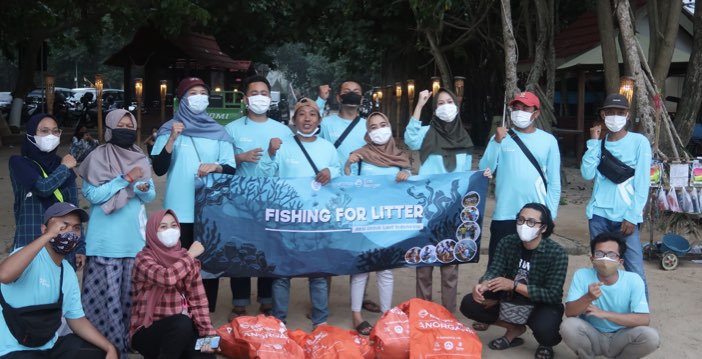
Part of these efforts are pilot projects, which test new approaches and upscale best practices to prevent marine plastic waste and are implemented by non-profit organisations. Beginning of March, ‘Rethinking Plastics’ announced the 23 selected pilot projects in China, Indonesia, the Philippines, Thailand and Vietnam which are supported with a total budget of around 2.7 million Euro. They cover approaches for the management of plastic waste, sustainable consumption and production of plastic as well as the reduction of litter from sea-based sources, such as ships and fishing vessels.
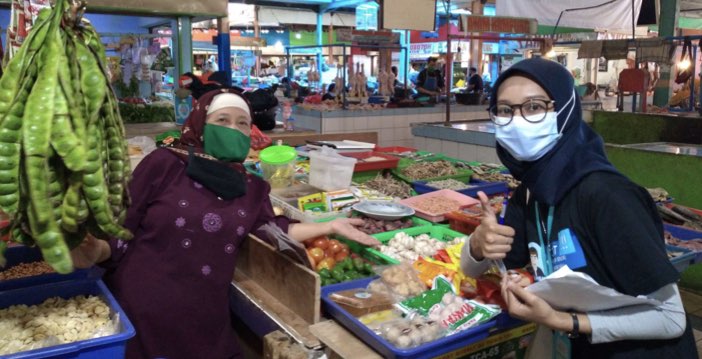
Related Pilot Projects

A Circular Economy for Islands
The island of Koh Libong is a haven for marine wildlife. It boasts the largest area of seagrass in Thailand and is home to a colony of rare dugongs (sea cows).

A Supermarket Alliance to Reduce Single-Use Plastic Bags
An average supermarket in Hanoi gives out more than 100,000 plastic bags every day. This number is rising, with dramatic consequences not only for the environment, but also for Vietnam’s waste management system.

Fishing for Litter in Hainan
All over the world, waste is thrown into the ocean. It moves around freely, without geographical boundaries. Here, it is no-one’s responsibility, but everyone’s problem.

Improving Ship Waste Management in Philippine Ports
Waste from ships accounts for 20% of plastic litter in the ocean. But it’s not only plastic that gets disposed of at sea: ships often dump some of the oil, sewage and hazardous materials that they generate and transport.

Promoting Innovative and Sustainable Packaging
Kim Castillo and her colleagues have been busy. At the Philippine Center for Environmental Protection and Sustainable Development, they understand that billions of plastic items are ending up on the country’s streets and coastlines every year, and impacting fisheries and agriculture.

Ship Waste Management 2.0
Illegal discharge from shipping and other maritime activities pollutes the marine environment. But it’s not only marine animals and plants that suffer – ultimately, people also feel the effects.

Single-Use Plastic Free Schools
Rusty the Turtle, Marley the Manta Ray and Steeb the Plankton are comic book characters who go on big adventures.

Engaging the Fishing Community in Plastics Collection
Ong Huyunh Duy Tung is a fisherman in Phu Yen. When hauling in his nets, he finds more and more waste every day. He worries:

Wala Usik – Nothing is wasted
Plantable toothbrushes, reusable containers, apps that calculate your carbon footprint, compostable bioplastics made from rice hulls and other agricultural waste: these are just some of the ideas developed by local sustainable businesses and creative minds in the Philippines to put into practice the zero-waste and circular economy.

